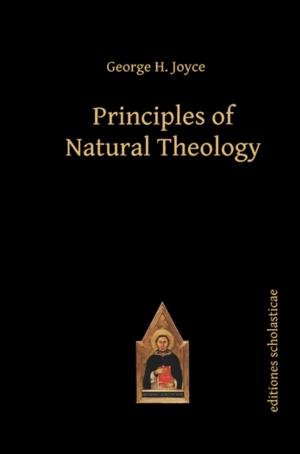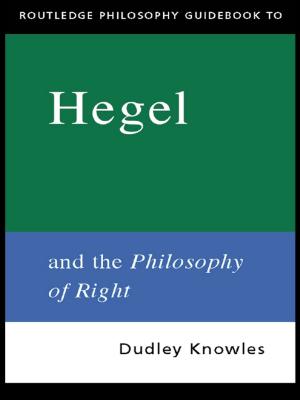The Routledge International Handbook of Early Literacy Education
A Contemporary Guide to Literacy Teaching and Interventions in a Global Context
Nonfiction, Reference & Language, Education & Teaching| Author: | ISBN: | 9781317659198 | |
| Publisher: | Taylor and Francis | Publication: | March 31, 2017 |
| Imprint: | Routledge | Language: | English |
| Author: | |
| ISBN: | 9781317659198 |
| Publisher: | Taylor and Francis |
| Publication: | March 31, 2017 |
| Imprint: | Routledge |
| Language: | English |
The Routledge International Handbook of Early Literacy Education offers a pioneering overview of early literacy provision in different parts of the world and brings together interdisciplinary research evidence on effective literacy teaching to inform current and future practice and policy of early literacy. From the problem of identification of literacy difficulties in a particular learning context to supporting the provision of early literacy through digital media, the handbook deals with the major concerns and newest areas of interest in literacy research. With an international and future vision, it provides an accessible guide to the main debates and future trends in the global field of early literacy, and informs academics, policy-makers, practitioners, educators and students about innovative early literacy research methods and instruction.
The three sections and 30 ground-breaking chapters reflect a conceptual framework of questions asked by scholars and educators interested in looking beyond traditional definitions of literacy.
Part I provides contemporary insights collected by internationally renowned scholars on what literacy is, and what it can offer to young children in the twenty-first century.
Part II is a collection of detailed portraits of 14 countries, regions or language communities, and focuses on early literacy provision, practice and policy from across the world.
Part III outlines key interventions and research-endorsed practices designed to support home–school connections and children’s reading and writing skills, as well as vocabulary, phonological awareness and narrative abilities, with examples drawn from various home, school and community environments.
All chapters promote discussion, critical analysis and questions for reflection and are written in jargon-free language in an easy-to use themed format. This handbook is an indispensable reference guide for practising teachers and student teachers, especially those undertaking postgraduate qualifications, as well as early literacy researchers, policy-makers and school-based literacy leaders.
The Routledge International Handbook of Early Literacy Education offers a pioneering overview of early literacy provision in different parts of the world and brings together interdisciplinary research evidence on effective literacy teaching to inform current and future practice and policy of early literacy. From the problem of identification of literacy difficulties in a particular learning context to supporting the provision of early literacy through digital media, the handbook deals with the major concerns and newest areas of interest in literacy research. With an international and future vision, it provides an accessible guide to the main debates and future trends in the global field of early literacy, and informs academics, policy-makers, practitioners, educators and students about innovative early literacy research methods and instruction.
The three sections and 30 ground-breaking chapters reflect a conceptual framework of questions asked by scholars and educators interested in looking beyond traditional definitions of literacy.
Part I provides contemporary insights collected by internationally renowned scholars on what literacy is, and what it can offer to young children in the twenty-first century.
Part II is a collection of detailed portraits of 14 countries, regions or language communities, and focuses on early literacy provision, practice and policy from across the world.
Part III outlines key interventions and research-endorsed practices designed to support home–school connections and children’s reading and writing skills, as well as vocabulary, phonological awareness and narrative abilities, with examples drawn from various home, school and community environments.
All chapters promote discussion, critical analysis and questions for reflection and are written in jargon-free language in an easy-to use themed format. This handbook is an indispensable reference guide for practising teachers and student teachers, especially those undertaking postgraduate qualifications, as well as early literacy researchers, policy-makers and school-based literacy leaders.















